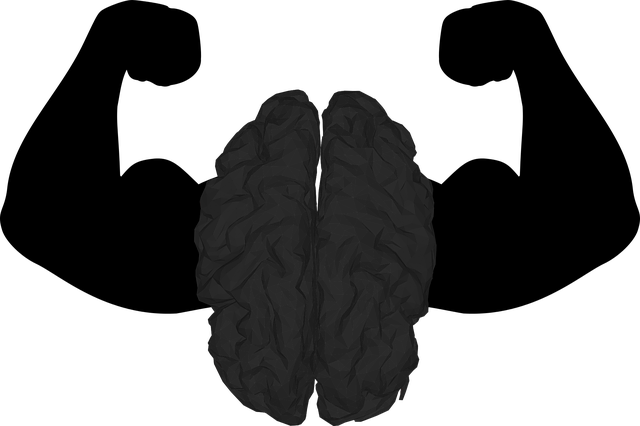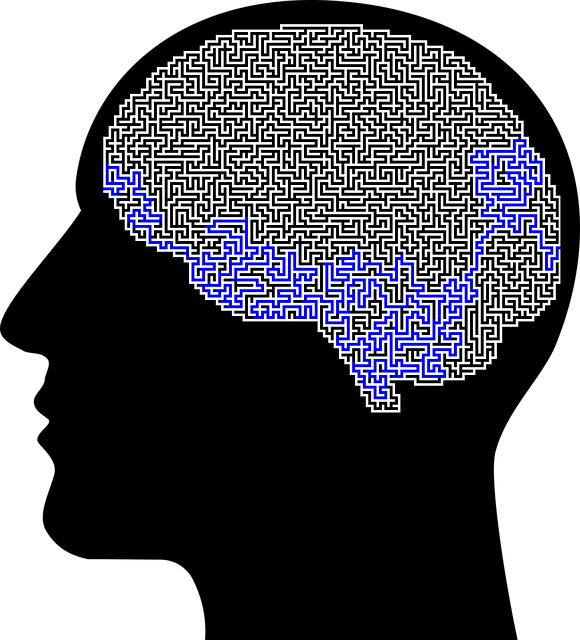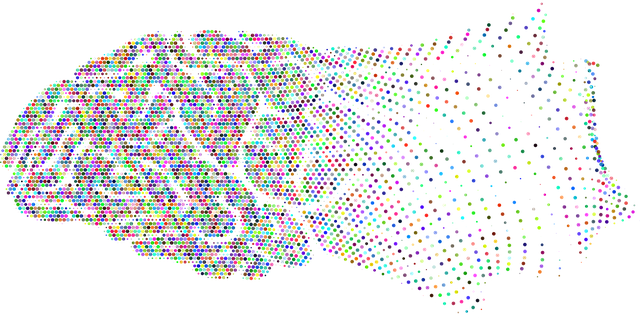In a fast-paced world, mental wellness is crucial, especially for children who have experienced sexual abuse. Traditional therapy often fails to meet their unique needs, highlighting the need for specialized programs focusing on holistic approaches including therapy, stress management, and self-care routine development. These initiatives empower survivors to rebuild trust, cultivate resilience, and develop healthy coping mechanisms, enhancing mental health outcomes. Effective coaching requires a tailored approach with safe spaces, compassion cultivation, and risk assessment strategies. Integrating evidence-based therapies like CBT and EMDR, along with social skills training and mental wellness journaling, is vital. Robust training and support mechanisms for coaches ensure high-quality care, aligning with Mental Health Policy efforts to reduce stigma and promote healing.
Mental wellness coaching programs tailored for children sexual abuse survivors are crucial in addressing unique challenges. This article explores the development of specialized programs, focusing on key components like empathy, evidence-based practices, and holistic approaches. We delve into understanding the specific needs of these survivors, identifying effective coaching strategies, and providing training to ensure competent, supportive coaches. By integrating various techniques, we aim to revolutionize therapy, fostering resilience and healing for those who have experienced trauma.
- Understanding the Need for Specialized Programs
- Identifying Key Components of Effective Coaching
- Designing a Holistic Therapy Approach for Survivors
- Integrating Evidence-Based Practices and Techniques
- Training and Support for Coaches: Fostering Empathy and Competence
Understanding the Need for Specialized Programs

In today’s fast-paced world, mental wellness is more crucial than ever, especially for vulnerable populations like children who have experienced sexual abuse. Traditional therapy often falls short in addressing the unique needs of such survivors, leading to a pressing need for specialized programs tailored to their specific challenges. These individuals frequently struggle with complex emotions, trust issues, and behavioral problems that require a nuanced approach.
Specialized coaching programs focused on mental wellness can play a pivotal role in empowering children who have been sexual abuse survivors. By incorporating therapy sessions, stress management workshops, and self-care routine development, these programs offer a holistic framework to address the physical, emotional, and psychological impacts of trauma. Tailoring support to meet their unique requirements enables these children to rebuild trust, cultivate resilience, and develop healthy coping mechanisms for life’s challenges, ultimately fostering better mental health outcomes.
Identifying Key Components of Effective Coaching

Identifying Key Components of Effective Coaching involves understanding the unique needs and challenges faced by each individual, especially those who have experienced trauma such as sexual abuse during their childhood. Mentors must be adept at creating a safe, non-judgmental space where survivors can openly discuss their struggles and work through them. This process often includes integrating compassion cultivation practices to foster self-compassion and emotional regulation.
For mental wellness coaching programs tailored for child sexual abuse survivors, the focus should also be on stigma reduction efforts, promoting inner strength development, and cultivating resilience. Coaches play a vital role in guiding survivors towards healing by helping them make sense of their experiences, process complex emotions, and build adaptive coping strategies that enhance overall well-being.
Designing a Holistic Therapy Approach for Survivors

Designing a holistic therapy approach is essential when working with children who have experienced sexual abuse. This therapeutic method aims to address the complex needs of survivors, recognizing that their mental wellness journey is interconnected with various aspects of their lives. By incorporating elements such as play therapy, art therapy, and trauma-focused cognitive behavioral therapy, professionals can create a nurturing environment where children feel safe to express themselves. These techniques facilitate self-esteem improvement, helping them regain a sense of control and build resilience.
Moreover, compassion cultivation practices have proven effective in fostering empathy and reducing symptoms of post-traumatic stress disorder (PTSD). Mental wellness coaching programs should also include risk assessment strategies for professionals, ensuring the safety of both clients and therapists. This involves recognizing potential triggers, establishing clear boundaries, and implementing supportive measures to create a therapeutic space that is both secure and nurturing.
Integrating Evidence-Based Practices and Techniques

Integrating evidence-based practices is a cornerstone of effective mental wellness coaching programs, especially when tailored for survivors of childhood sexual abuse. Therapies such as cognitive behavioral therapy (CBT) and eye movement desensitization and reprocessing (EMDR) have been extensively researched and proven to help individuals process traumatic memories and develop coping strategies. CBT equips clients with tools to challenge negative thought patterns and behaviors, while EMDR facilitates the processing of distressing memories, reducing their impact on mental health.
For survivors, incorporating specific techniques like mental wellness journaling exercises can offer a safe space for self-reflection and expression. This guidance encourages individuals to track their emotions, thoughts, and progress, fostering self-awareness and inner strength development. Additionally, social skills training becomes a vital component in rebuilding relationships and enhancing support networks, which are essential for long-term recovery and overall mental wellness.
Training and Support for Coaches: Fostering Empathy and Competence

Effective mental wellness coaching programs necessitate robust training and support mechanisms to ensure coaches are adept at fostering empathy and competence. This includes comprehensive instruction in active listening, communication skills, and trauma-informed care, especially when dealing with vulnerable populations such as children who have experienced sexual abuse. Such training equips coaches with the knowledge and tools to create safe, supportive environments that encourage open dialogue and promote healing.
Beyond technical proficiency, ongoing support structures play a pivotal role in coach development. Regular supervision sessions, peer collaborations, and access to clinical resources enable coaches to navigate complex ethical dilemmas, manage their own emotional responses, and stay updated with best practices in mental health care. This holistic approach not only enhances the quality of coaching but also mitigates potential risks associated with working with survivors of trauma, aligning with broader Mental Health Policy Analysis and Advocacy efforts aimed at reducing stigma and promoting healing.
Mental wellness coaching programs, tailored for survivors of childhood sexual abuse, are game-changers in fostering resilience and healing. By integrating evidence-based practices, holistic therapy approaches, and comprehensive training for coaches, we can create safe spaces to support these individuals through their journey. These specialized programs hold the key to empowering survivors, offering them the tools and empathy needed to navigate their unique challenges and thrive. In focusing on both the mind and the whole being, we ensure that the therapy is effective and accessible, leaving a lasting, positive impact on their mental wellness.













